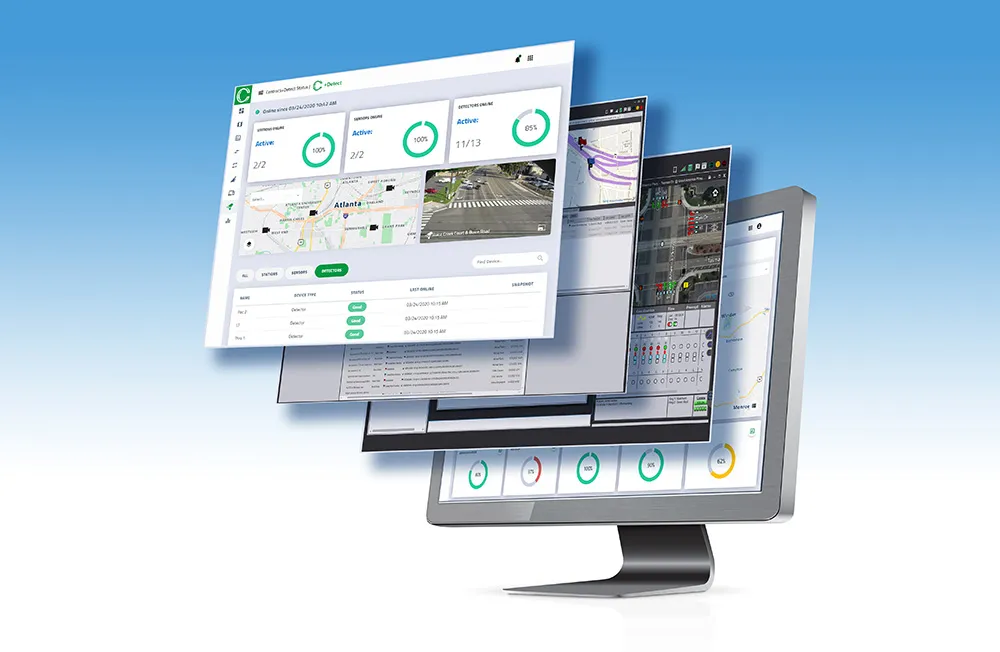The European Commission (EU) funded Cooperative Mobility Systems and Services for Energy Efficiency (eCoMove) project claims that traffic accounts for 23 per cent of CO2 emissions around the world.
eCoMove aims to optimise driving behaviour and transport flow by ecologically optimised traffic management. The goal is to reduce the CO2 emissions by 20 per cent. The results were presented at the final event at the end of November.
December 13, 2013
Read time: 2 mins
The 1690 European Commission (EU) funded Cooperative Mobility Systems and Services for Energy Efficiency (eCoMove) project claims that traffic accounts for 23 per cent of CO2 emissions around the world.
eCoMove aims to optimise driving behaviour and transport flow by ecologically optimised traffic management. The goal is to reduce the CO2 emissions by 20 per cent. The results were presented at the final event at the end of November.
The3264 PTV Group is one of the 32 project partners and is involved in several elements of the project. According to Thomas Schwerdtfeger, member of the board of directors of PTV Group, twenty percent less CO2 is possible. He explains: “We have demonstrated this by the results of the lighthouse project for sustainable mobility. At the final event the project partners were able to impressively demonstrate what is feasible when technologies, drivers, vehicles, traffic management, tour planning and optimisation are perfectly aligned to a common objective and communicate with each other.”
The project analyses technologies such as: car-2-car and car-2-infrastructure communication which allows vehicle data to be exchanged with other vehicles and traffic management centres; driver support systems; and traffic management systems that integrate balanced priority control, green wave and route distribution.
"Private and commercial drivers, road operators and traffic managers, logistics planners and the automotive industry – and above all the environment – will benefit from the solutions generated by eCoMove. PTV was the only partner in the project to be involved in both the transport and logistics planning areas. We were involved in three work packages as we were the only ones to offer both logistics and traffic management. With our technology and expertise, we made a significant contribution to this innovative project," summarised Schwerdtfeger.
eCoMove aims to optimise driving behaviour and transport flow by ecologically optimised traffic management. The goal is to reduce the CO2 emissions by 20 per cent. The results were presented at the final event at the end of November.
The
The project analyses technologies such as: car-2-car and car-2-infrastructure communication which allows vehicle data to be exchanged with other vehicles and traffic management centres; driver support systems; and traffic management systems that integrate balanced priority control, green wave and route distribution.
"Private and commercial drivers, road operators and traffic managers, logistics planners and the automotive industry – and above all the environment – will benefit from the solutions generated by eCoMove. PTV was the only partner in the project to be involved in both the transport and logistics planning areas. We were involved in three work packages as we were the only ones to offer both logistics and traffic management. With our technology and expertise, we made a significant contribution to this innovative project," summarised Schwerdtfeger.









